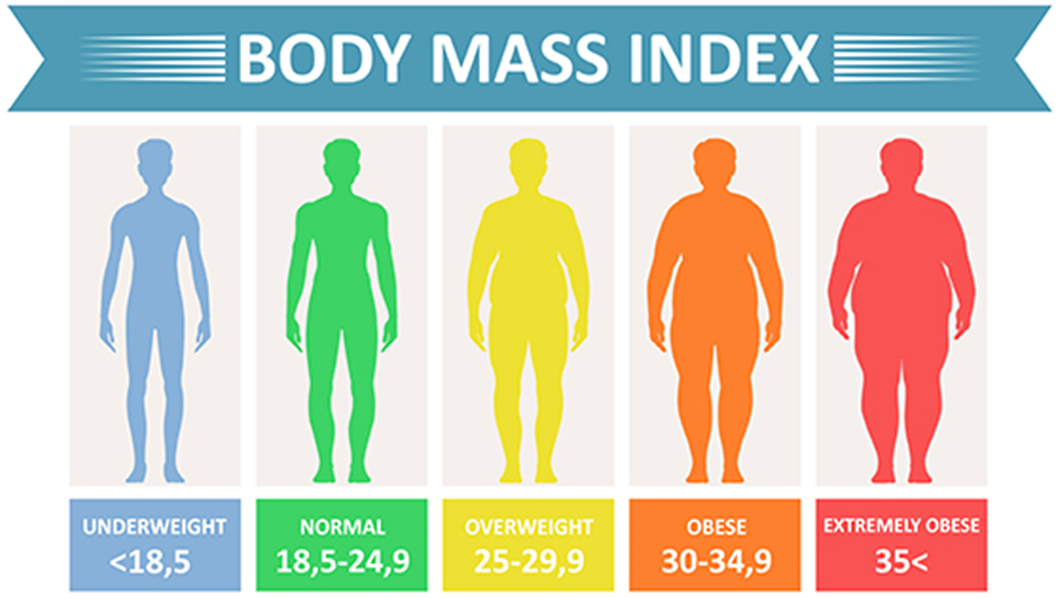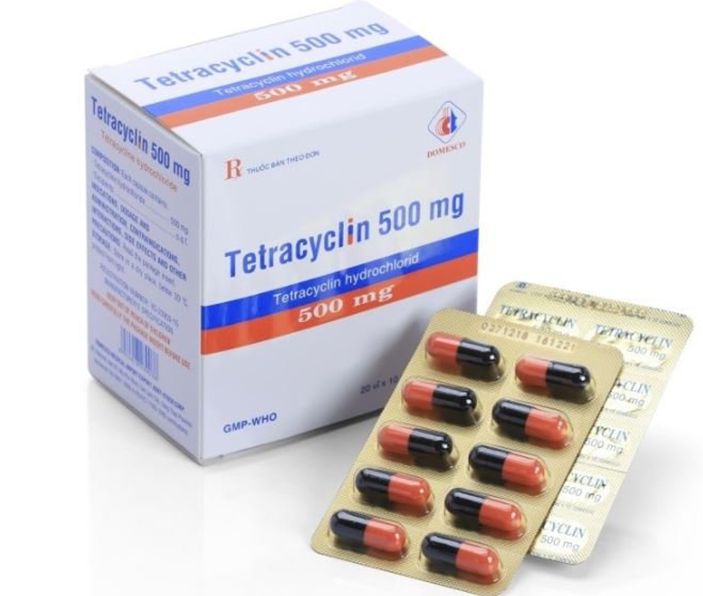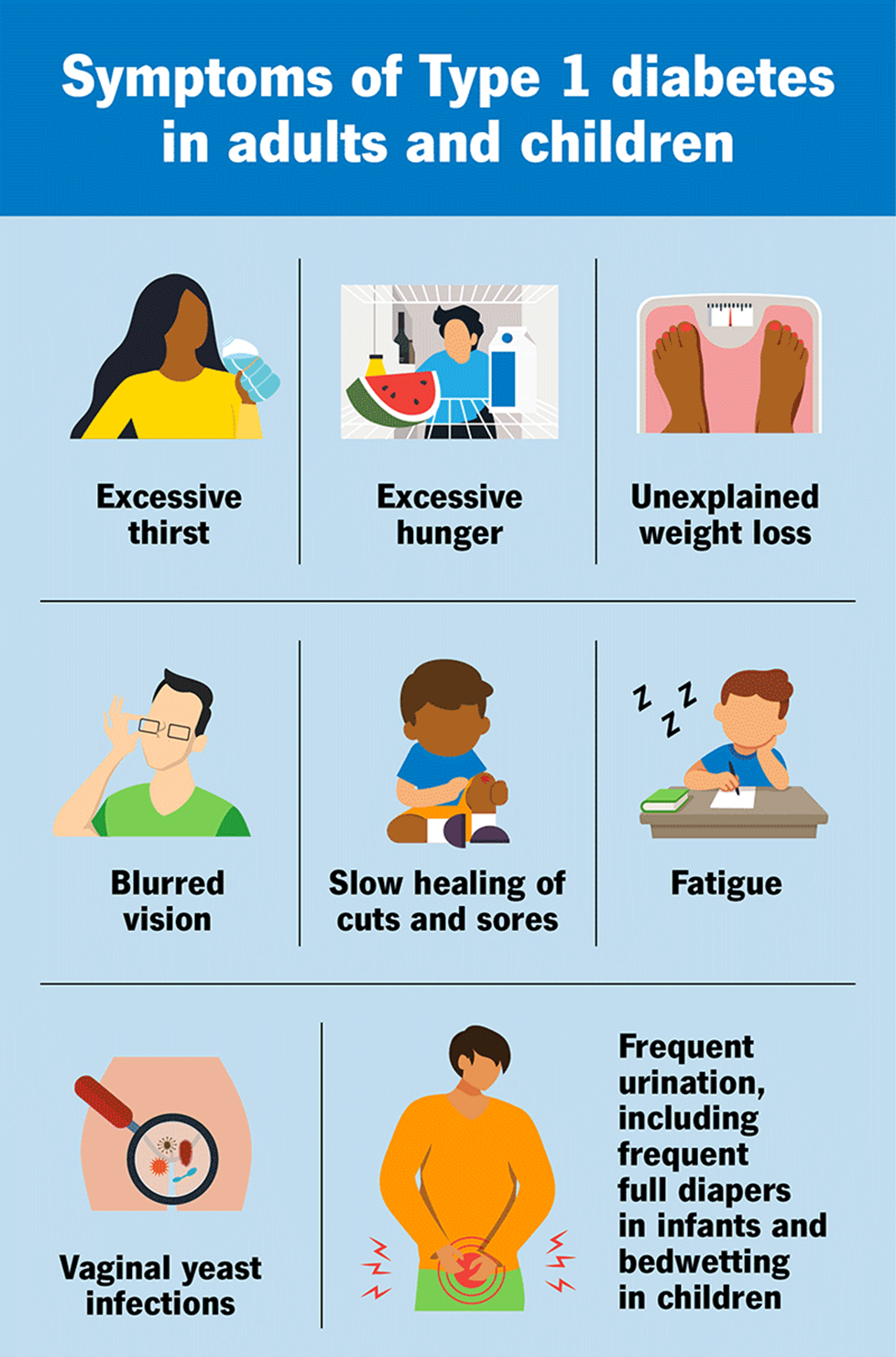A client is receiving orlistat as part of a weight management program. Which ongoing assessment should be included in the plan of care to determine the effectiveness of the medication?
Depression screening.
Body mass index.
Daily calorie count.
Serum protein levels.
The Correct Answer is B
Choice A reason: Depression screening is not directly related to the effectiveness of orlistat, which is a medication that blocks the absorption of fat from the diet and helps to reduce weight. Depression screening may be important for the overall mental health of the client, but it is not an ongoing assessment for orlistat.
Choice B reason: Body mass index (BMI) is a measure of body fat based on height and weight, and it is used to assess the risk of obesity-related health problems. BMI is an ongoing assessment for orlistat, because it can indicate the progress and outcome of the weight management program. The goal of orlistat therapy is to achieve and maintain a healthy BMI.

Choice C reason: Daily calorie count is not an ongoing assessment for orlistat, because it does not reflect the amount of fat absorbed by the body. Orlistat works by blocking the action of lipase, an enzyme that breaks down fat in the intestine. Therefore, even if the client consumes a high-calorie diet, orlistat can prevent some of the fat from being absorbed and reduce weight. However, daily calorie count may be useful for monitoring the overall nutritional intake and energy balance of the client.
Choice D reason: Serum protein levels are not an ongoing assessment for orlistat, because they are not affected by the medication. Orlistat only blocks the absorption of fat, not protein or carbohydrates. Serum protein levels may be important for evaluating the nutritional status and organ function of the client, but they are not an indicator of orlistat effectiveness.
Nursing Test Bank
Naxlex Comprehensive Predictor Exams
Related Questions
Correct Answer is B
Explanation
Choice A reason: Cheese and crackers are not a good snack to take with tetracycline, because cheese contains calcium, which can interfere with the absorption of tetracycline and reduce its effectiveness.
Choice B reason: Toasted wheat bread and jelly are a suitable snack to take with tetracycline, because they do not contain any dairy products or iron, which can also affect the absorption of tetracycline. Toasted bread may also help to settle the stomach and prevent nausea.

Choice C reason: Fruit-flavored yogurt is not a good snack to take with tetracycline, because yogurt is a dairy product that contains calcium, which can interfere with the absorption of tetracycline and reduce its effectiveness.
Choice D reason: Cold cereal with skim milk is not a good snack to take with tetracycline, because skim milk is a dairy product that contains calcium, which can interfere with the absorption of tetracycline and reduce its effectiveness.
Correct Answer is B
Explanation
Choice A reason: Midmorning is not a likely time for experiencing hypoglycemia after administering glargine insulin at 0800, because glargine insulin has a slow onset of action (about 1 hour) and does not have a pronounced peak effect. Glargine insulin is a long-acting insulin that provides a steady level of insulin throughout the day and night.
Choice B reason: No peak occurs is the correct answer for when hypoglycemia is most likely to occur after administering glargine insulin at 0800, because glargine insulin does not have a pronounced peak effect that could cause a sudden drop in blood glucose levels. Glargine insulin is a long-acting insulin that provides a steady level of insulin throughout the day and night.
Choice C reason: Midafternoon is not a likely time for experiencing hypoglycemia after administering glargine insulin at 0800, because glargine insulin has a long duration of action (about 24 hours) and does not have a pronounced peak effect. Glargine insulin is a long-acting insulin that provides a steady level of insulin throughout the day and night.
Choice D reason: Shortly after midnight is not a likely time for experiencing hypoglycemia after administering glargine insulin at 0800, because glargine insulin has a long duration of action (about 24 hours) and does not have a pronounced peak effect. Glargine insulin is a long-acting insulin that provides a steady level of insulin throughout the day and night.

Whether you are a student looking to ace your exams or a practicing nurse seeking to enhance your expertise , our nursing education contents will empower you with the confidence and competence to make a difference in the lives of patients and become a respected leader in the healthcare field.
Visit Naxlex, invest in your future and unlock endless possibilities with our unparalleled nursing education contents today
Report Wrong Answer on the Current Question
Do you disagree with the answer? If yes, what is your expected answer? Explain.
Kindly be descriptive with the issue you are facing.
